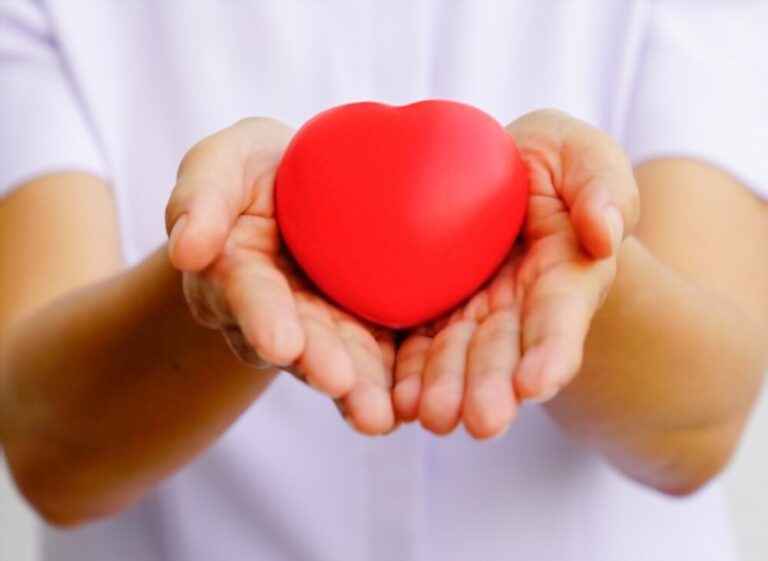- +91 - 7777030578
- hrudayheartcare@gmail.com
- Mon - Sat: 10:30 AM to 8:30 PM
Post Operation Instructions
Congratulations!
You have taken the right step to renew your heart’s life.
Although everyone recovers at a different rate, you’ll need about six to eight weeks of healing before you can go back to your normal routine. If you have undergone Beating Heart Bypass Surgery, you may find your recovery to be quicker.

Post-Operative FAQs:
- While the sternum (breastbone) is healing, avoid lifting greater than 5 Kilos, or pushing/pulling activities with your arms. The breastbone takes about 6-8 weeks to heal generally.
- Showers are permitted but tub baths are discouraged for 4-6 weeks or until your incisions are healed. Avoid extremely hot water which may cause you to feel dizzy or weak. You may gently wash (don’t rub) your incision with soap. Do not use creams or lotions on incisions until they are healed. Neosporin/Betadine Powder dusting should suffice.
- Avoid driving a car for 4-6 weeks after surgery. Your reaction time will be delayed due to weakness, fatigue, and/or medication. You do not want to risk hitting the steering wheel and re-injuring the sternum. When riding in a car for long distances, stop every 1-2 hours to stretch your legs. This will improve circulation in your legs and help prevent swelling.
- Do not cross your legs while lying in bed or sitting. This puts pressure on the veins under the knees and slows blood flow. If your legs or feet swell, you should put them on a chair or stool while sitting.
- Sleep the number of hours that you normally slept before your surgery. Do not stay up very late one night and try to “catch-up” the next. However, if you do plan to stay up late, take a nap beforehand.
- Avoid isometrics: Straining to move your bowels, pushing/pulling heavy objects, or working with your arms overhead. These activities disproportionately elevate blood pressure and put an added strain on a healing heart.
- It is important to space and pace your activities to minimize fatigue. If you feel tired, STOP, and rest for a while. Don’t push yourself to finish a task.
- A rest period should be taken at least once a day for a few weeks and, initially, preferably twice, morning and afternoon. Napping is not necessary, but resting is. Be sure to dress daily in street clothes. You are on your way to recovery!
- Stair climbing is not discouraged. Avoid pulling yourself up with a handrail, and go slowly.
- Use your chest belt throughout the day. It helps to keep your breast bone stable and aids in healing. It should be applied fitting just right not making it too tight for breathing or too loose for it to slip over your abdomen.
- Use of English toilet (Commode) is advised during the first three months of surgery. It avoids undress stress n your breast bone. Indian Seating can be used after that however, use of commode is encouraged.
- Use your crepe bandage (Leg vein harvested patients) during the day and remove them at night. You should wear the Bandage for at least 2 weeks after discharge or more if your ankles are still swollen. The Bandage aid blood flow and help reduce swelling in the legs. It is easiest to put the bandage on before you get out of bed in the morning for the day; however most people put them on after a morning shower. They should fit snugly.
- You may notice swelling or a lump at the top of your chest incision which could take several months to disappear.
- Most patients experience incisional discomfort in the sternum. This discomfort will decrease in time, but may reoccur when there is an adverse change in the weather or when you overextend yourself. Do not hesitate to use pain relieving medication as you need it.
- It is important to distinguish incisional discomfort from chest pain (angina) you may have experienced prior to surgery. Contact your physician if you are experiencing chest pain (Angina).
- If your chest or leg incisions do not appear to be healing (i.e., redness, drainage, swelling, or tenderness is present), notify your physician.
- Take your temperature every morning for one week after discharge. Notify your physician if your temperature stays above 100° F for more than a day.
- Check your weight every morning for the first two weeks. If you notice a sudden weight gain, notify your physician.
- When you are upset, your heart works harder. It is best to anticipate and avoid situations, people, or topics of conversation that make you tense or angry.
- Remember that your diet, medications, and exercise are prescribed specifically for you. Do not expect your friend or neighbour who has a heart condition to have the same prescriptions.
- Travelling for long hours (more than 4 Hrs) is advised after 6 weeks of surgery. It is best to consider leisure travel when you feel completely comfortable with your own self.
- Keep a record of your medications and medical history with you when traveling. In case of any medical emergency, it would prove to be handy.

When to Notify Your Surgeon
When to Notify Your Surgeon

- Lab results abnormal
- Nail bed bluish in colour
- Fever of more than 100 Degree F
- Heart rate / pulse noted as irregular or fast >150
- Patient persistent complaint of fatigue
- Oxygen saturation less than 90%
- Noted increase in oedema(Swelling) in lower extremities, hands
- Sudden reports of numbness in arms or legs
- Weight gain of 1.5-2 Kilos in 2 days
- Pus discharge from the Suture Site
Wishing You a Speedy Recovery

